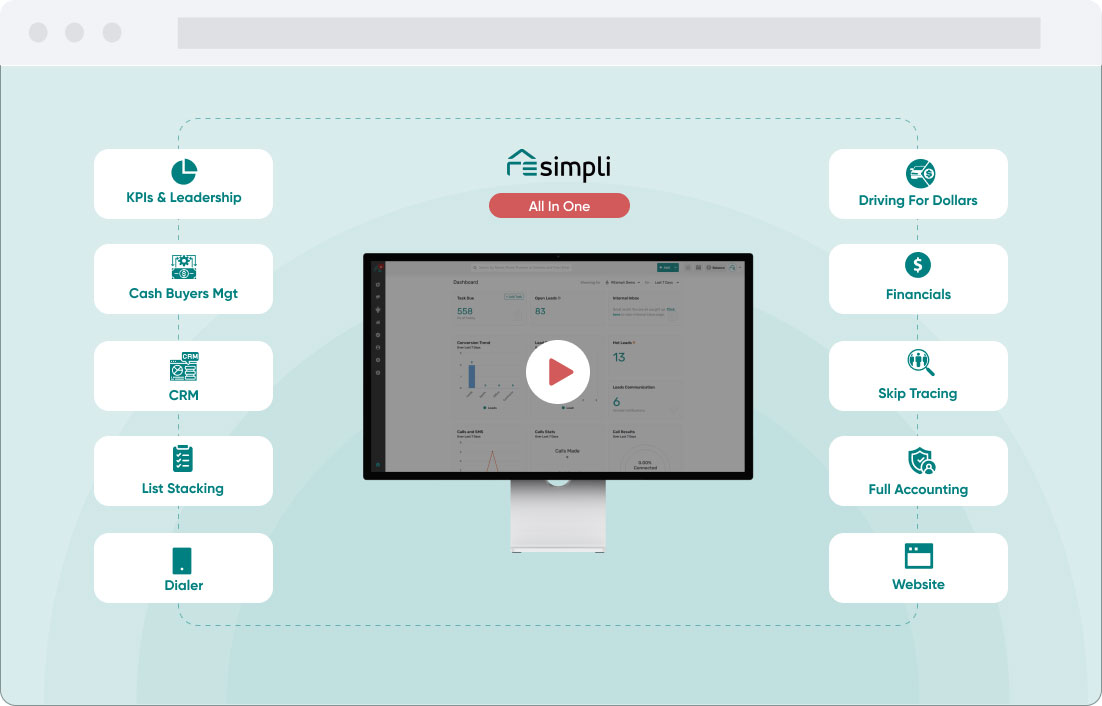Importance of KPI Tracking and Employing a Leads Manager
As a real estate investor, having a lead manager can make all the difference when it comes to effectively managing your business and closing more deals. This blog post will discuss the perks of having a lead manager and how to maximize their potential in your real estate investment business.
The Importance of a Lead Manager
A lead manager is responsible for following up with leads, managing the CRM, and ensuring that no lead falls through the cracks. They are diligent, personable, and great at handling follow-ups. Having someone dedicated to this role is crucial, as it ensures that your business can focus on doubling down on the most effective lead sources and streamlining your processes.
Weekly Calls and Team Huddles
A successful lead manager’s key areas are tracking performance metrics and key performance indicators (KPIs). This includes tracking the number of leads they call, the number of deals they close, and their overall performance in the role. By monitoring these KPIs, you can gauge the effectiveness of your lead manager and make adjustments as necessary to improve results.
Weekly Calls and Team Huddles
To maintain open communication with your lead manager, it’s essential to have regular calls and team huddles. This allows you to discuss any challenges they may be facing, review leads that have come in, and strategize on how to improve processes. For example, you may have your lead manager make offers before setting up appointments with the acquisitions manager, streamlining the process and potentially closing deals faster.
Empowering Your Lead Manager to Make Offers
To further optimize your lead management process, consider empowering your lead manager to make offers on properties. This can help speed up the deal flow and ensure that motivated sellers are presented with an offer as quickly as possible. To do this, you can train your lead manager to make offers at a number that works for your business, making the offer contingent on a contractor walkthrough. This approach allows you to remain flexible and adapt to the seller’s needs while still moving the deal forward.
In conclusion, having a dedicated lead manager can significantly improve your real estate investment business by streamlining your processes, ensuring thorough follow-ups, and empowering them to make offers on properties. In addition, by focusing on training, communication, and tracking performance metrics, you can maximize the potential of your lead manager and, in turn, close more deals and grow your business.

